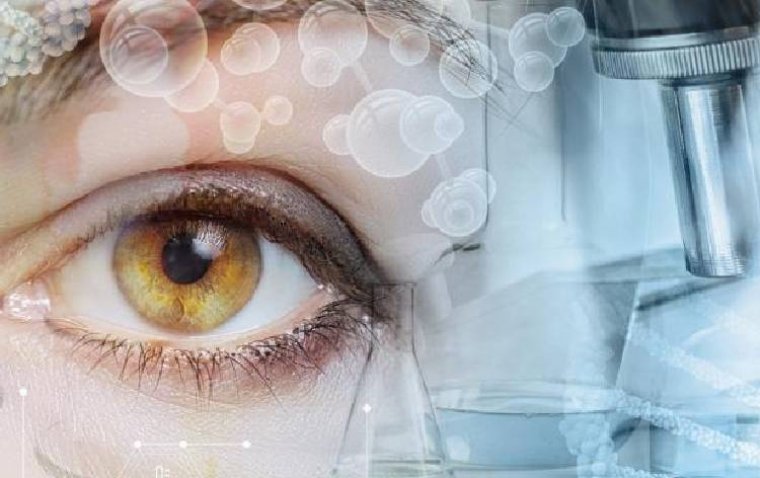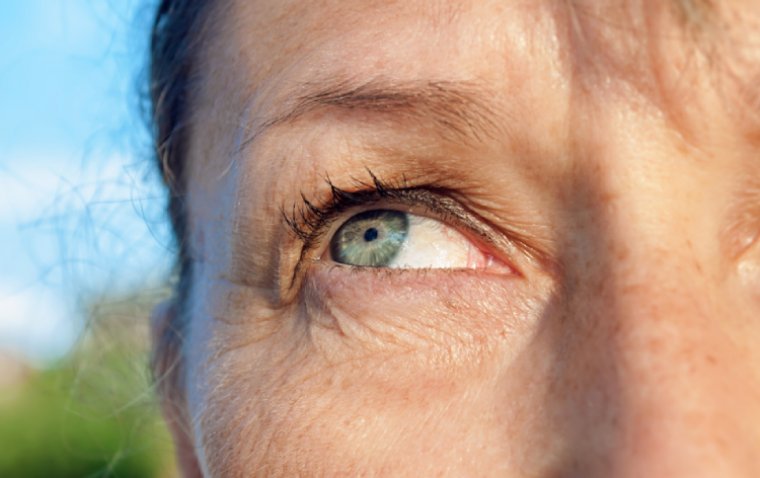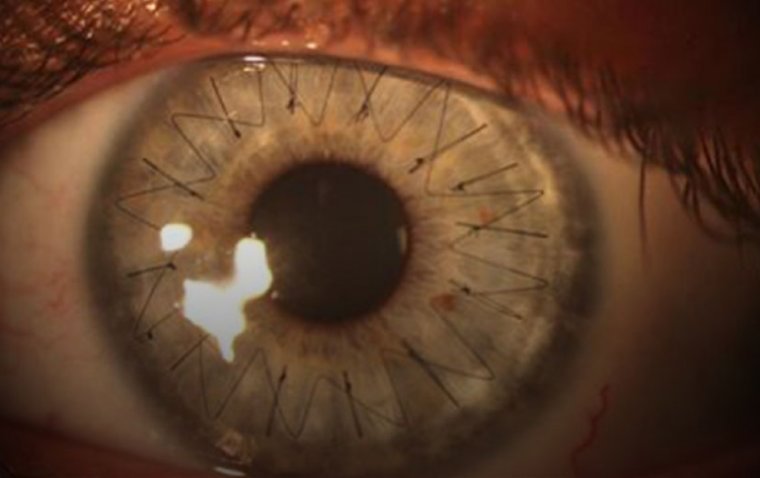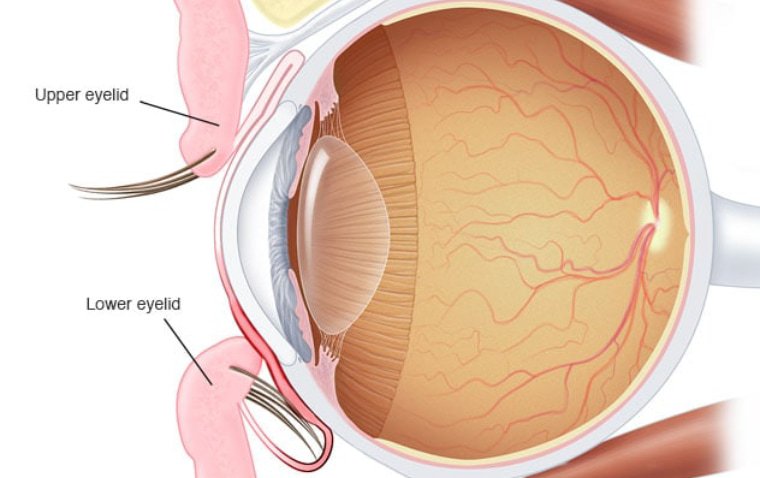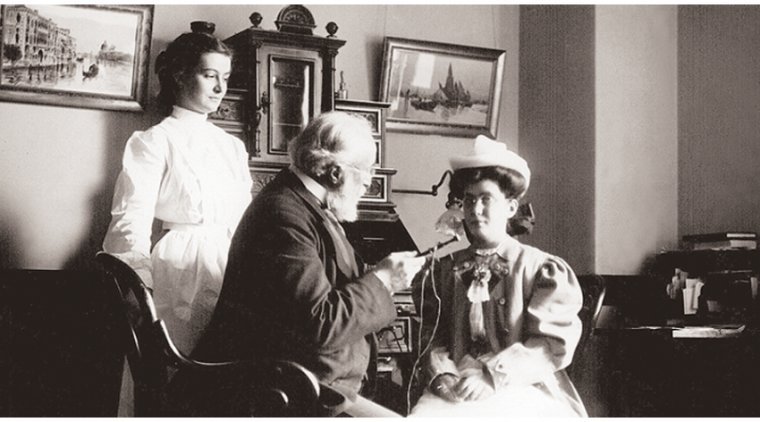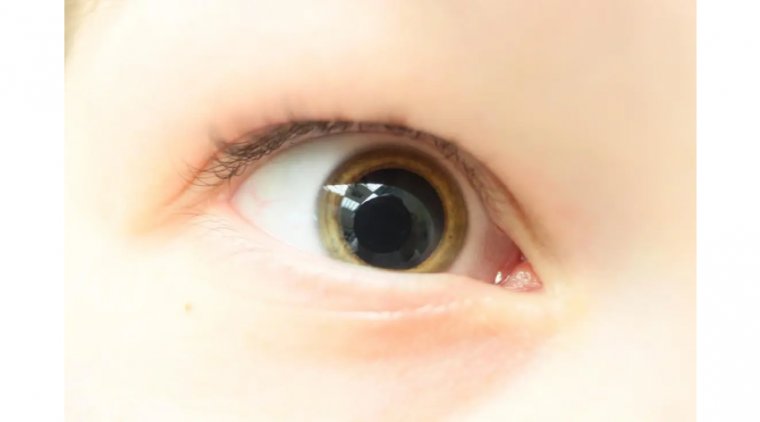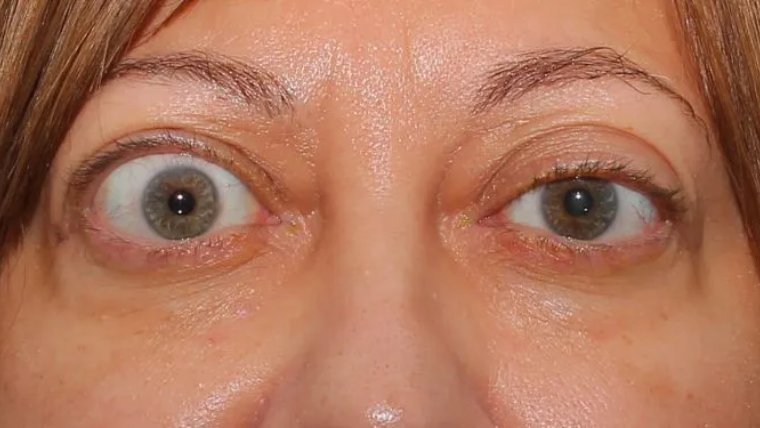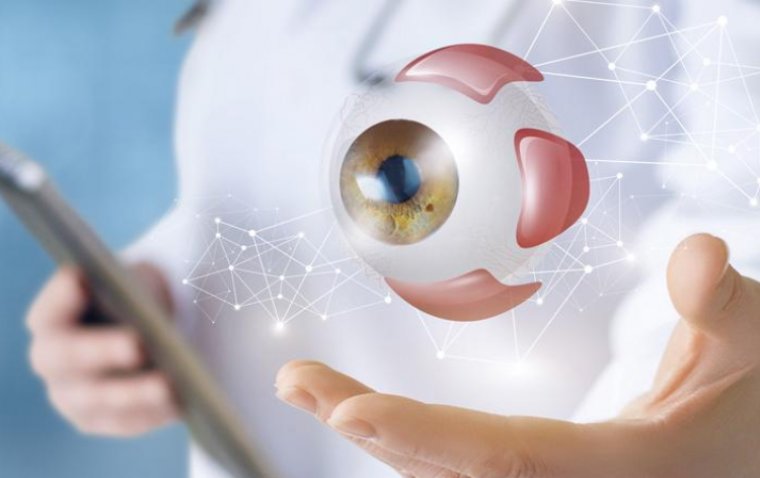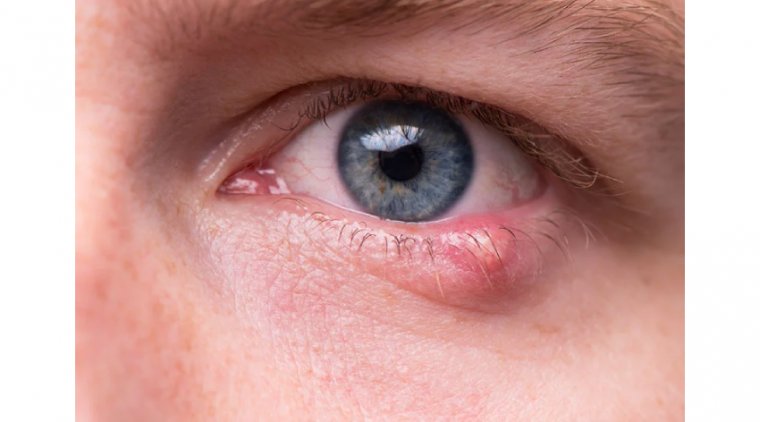
Why Does My Eye Twitch?
Twitch is a repetitive spasm of the orbicularis oculi muscle, which is an eyelid muscle that helps eyelid closures. Eye twitching, also known as eyelid twitching, is a condition that causes involuntary muscle contractions around the eye. Twitching mainly occurs in the upper lid, but from time to time it can be observed in the lower eyelids as well. This condition is usually benign and harmless, but it can be annoying and distracting.
Causes of Eye Twitching
There are various factors that can trigger eye twitching. In some cases, we may observe that only the left or right eye twitches. Some of the common causes include:
|
Causes of Eye Twitching |
Description |
|
Fatigue |
Lack of sleep and overworking can strain the eye muscles and cause twitching. |
|
Stress |
Anxiety and stress can affect the nervous system and cause muscle spasms, including in the eyes. |
|
Eye strain |
Prolonged staring at a computer screen, reading, or driving can cause eye strain and trigger twitching. |
|
Caffeine |
Excessive consumption of caffeine can stimulate the nervous system and cause eye twitching. |
|
Dry eyes |
Lack of moisture in the eyes can cause irritation and twitching. |
|
Allergies |
Allergies can cause inflammation in the eyes and trigger twitching. |
|
Neurological disorders |
In rare cases, eye twitching can be a symptom of neurological conditions such as Tourette's syndrome, Parkinson's disease, or Bell's palsy. |
What Can Eye Twitching Lead to?
While eye twitching is usually a benign condition, it can be a symptom of underlying more serious disorders in rare cases. Some of the conditions that may cause eye twitching as a symptom include:
|
Condition |
Description |
|
Hemifacial spasm |
This is a condition that causes involuntary contractions of the facial muscles on one side of the face, including the muscles around the eye. |
|
Bell's palsy |
This is a condition that causes sudden weakness or paralysis of the facial muscles, including the muscles around the eye. |
|
Dystonia |
This is a neurological disorder that causes involuntary muscle contractions, which can affect the eye muscles and cause twitching. |
|
Multiple sclerosis |
This is a disease that affects the central nervous system and can cause a wide range of symptoms, including eye twitching. |
|
Parkinson's disease |
This is a progressive neurological disorder that affects movement, and can cause eye twitching as a symptom. |
It is important to note that eye twitching alone is not a definitive sign of any of these conditions, as they are rare and eye twitching is usually a benign condition. However, if eye twitching is persistent, severe, or is accompanied by other symptoms, it is important to consult a doctor for proper diagnosis and treatment.
Symptoms of Eye Twitching
The most common symptom of eye twitching is the involuntary twitching of the eyelid. Other symptoms include:
1. Sensation of tightness or pressure around the eye.
2. Increased sensitivity to light
3. Blurred vision
4. Eye irritation or dryness
5. Facial spasms
Treatment Options for Eye Twitching
|
Treatment Option |
Description |
|
Eye drops |
If the twitching is caused by dry eyes, using artificial tears or lubricating eye drops can help relieve the symptoms. |
|
Lifestyle changes |
Avoiding caffeine, getting enough sleep, and reducing stress can help alleviate eye twitching. |
|
Medications |
In severe cases, doctors may prescribe medications such as botulinum toxin (Botox) injections or anticonvulsants to reduce the severity of the twitching. |
|
Surgery |
In rare cases, surgery may be required to correct a muscle or nerve problem that is causing the twitching. |
Conclusion
Eye twitching is a common and usually harmless condition that can be caused by a variety of factors. If you experience eye twitching, it is important to identify the underlying cause and take steps to manage it. By following the treatment options listed above, you can alleviate the symptoms and prevent eye twitching from affecting your daily life.
(1).jpg)
